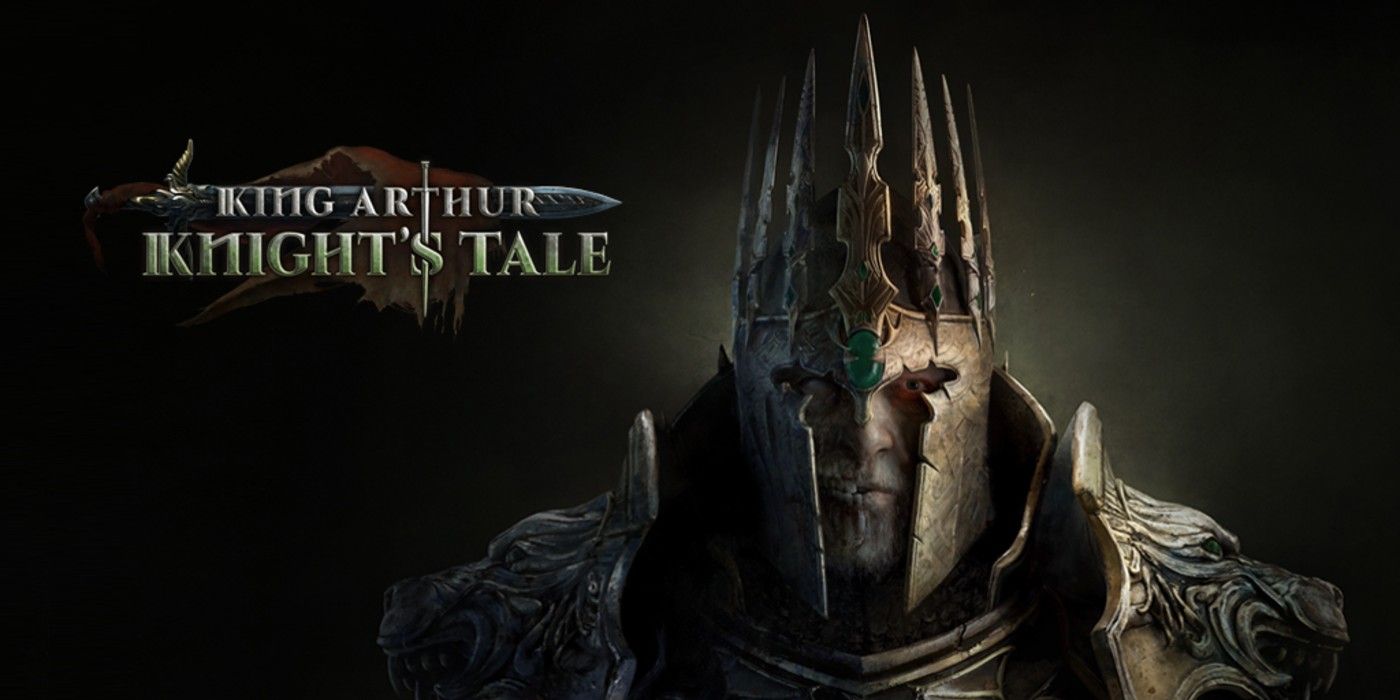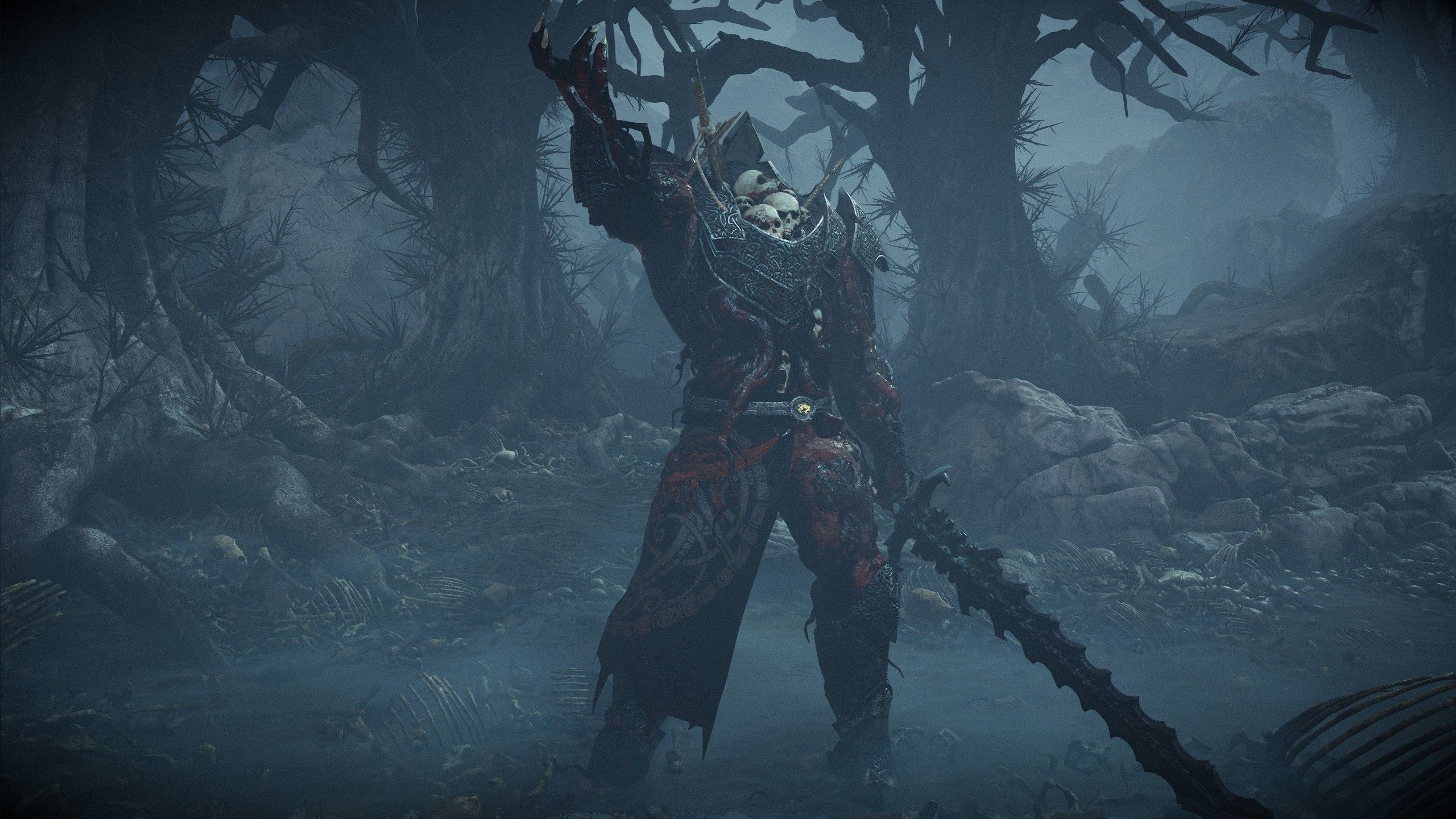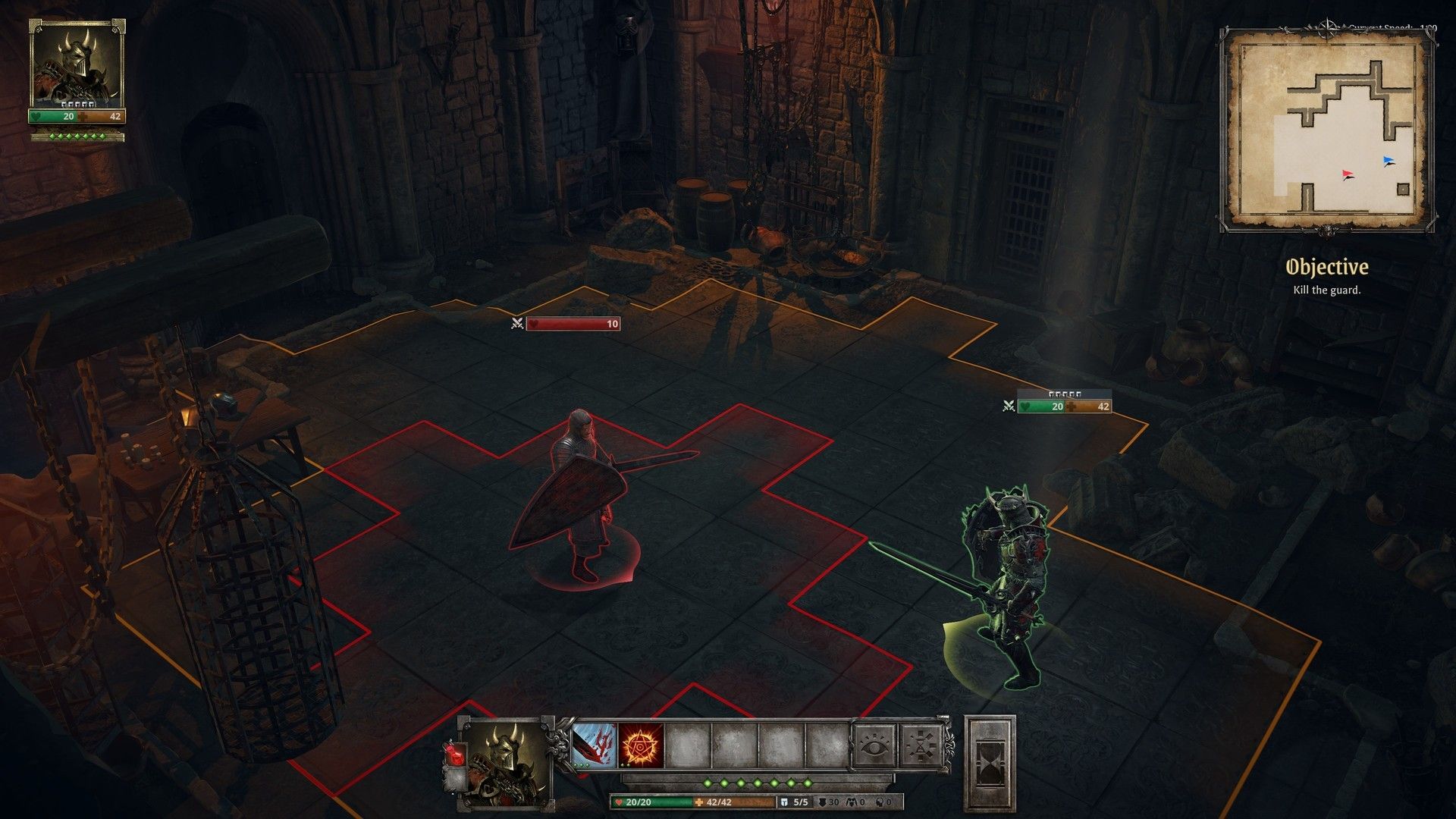In most games, players take the role of the hero, but in King Arthur: Knight's Tale, they instead play the legend's villain. King Arthur: Knight's Tale is a dark fantasy twist on the classic Arthurian Legend by developer NeocoreGames. Players take the role of Sir Mordred, King Arthur's traitorous nephew and murderer. Mordred struck a fatal blow to King Arthur in battle, but with his dying breath, Arthur also felled Mordred. Despite this, both men still somehow live.
King Arthur: Knight's Tale combines traditional, turn-based and character-driven RPG with roguelite elements to create a unique experience. Players will team up with other Knights of the Round Table, each with their own classes, personalities and motivations, to fight monsters, mythical creatures, and the undead, mad King Arthur in a twisted, corrupted version of Avalon. In addition to fighting enemies, players will need to settle disputes with their companions, make choices that determine their morality and the main campaign's narrative, and rebuild Camelot.
The most immediately striking thing about King Arthur: Knight's Tale is the art style, which strongly resembles the dreariness and grit of a Souls game. It is frequently dark and detailed, allowing the Medieval and gothic environments to thrive. Players begin the game with a sweeping cinematic that sets the tone for the rest of the story.
Unfortunately, players in Early Access will only be able to experience one main mission. After this, only side missions will be available. In these smaller missions, players have the opportunity to meet new heroes and develop Mordred's morality, which has an effect on the rest of the campaign.
The question of why Sir Mordred, and not King Arthur, was chosen by the Lady of the Lake to save Camelot from its fate is not answered in Early Access, but players can begin to form the answer for themselves through the choices they make. They have full control over Mordred's arc, and they can decide whether to have him atone for what he has done and seek redemption by making better decisions and caring for those around him, or allow him to continue down his path of evil and destruction. The choices made during and after main and side missions will effect the other quests, events, and even companion characters the player encounters along the way.
Combat in King Arthur: Knight's Tale is not particularly revolutionary and is therefore easy to pick up, granting players enough freedom to be strategic and deliberate. Each character comes from one of six classes: Defender, Champion, Marksman, Vanguard, Arcanist, and Sage. These classes will determine the kinds of skills characters can learn and the passives they can add to those skills to increase their damage or protect them from harm. Each character will have a number of action points that dictate how many times they can move and use their abilities on a turn in combat. If players do not use all their action points on a turn, they can reserve these to use at a later time or to strike on an enemy's turn if the enemy character gets within range.
In combat, players will want to focus on positioning to best use every character's strengths and allow them to make the most of their unique skills. They will also want to make use of cover, as missions can contain many battles, and characters and their armor will weaken over time as they take damage in fights. Companion characters can die if not properly treated for their injuries. Injuries and illness also take time to heal, so players will need to strategize between missions to make sure their best fighters are ready for the most difficult adventures.
This new spin on Arthurian legend is immediately alluring, allowing players to forge their own path through Camelot and tell the story from the perspective of the villain. King Arthur: Knight's Tale is a unique tactical experience that has great potential. Though developer NeocoreGames is no stranger to projects set in the Medieval era, this Kickstarter-funded reimagining feels both familiar and brand-new. The Early Access for the game is a strong start that should excite fans for what is to come.
King Arthur: Knight's Tale is available in early access on PC. A copy of the game was provided to Screen Rant for the purposes of this preview.



